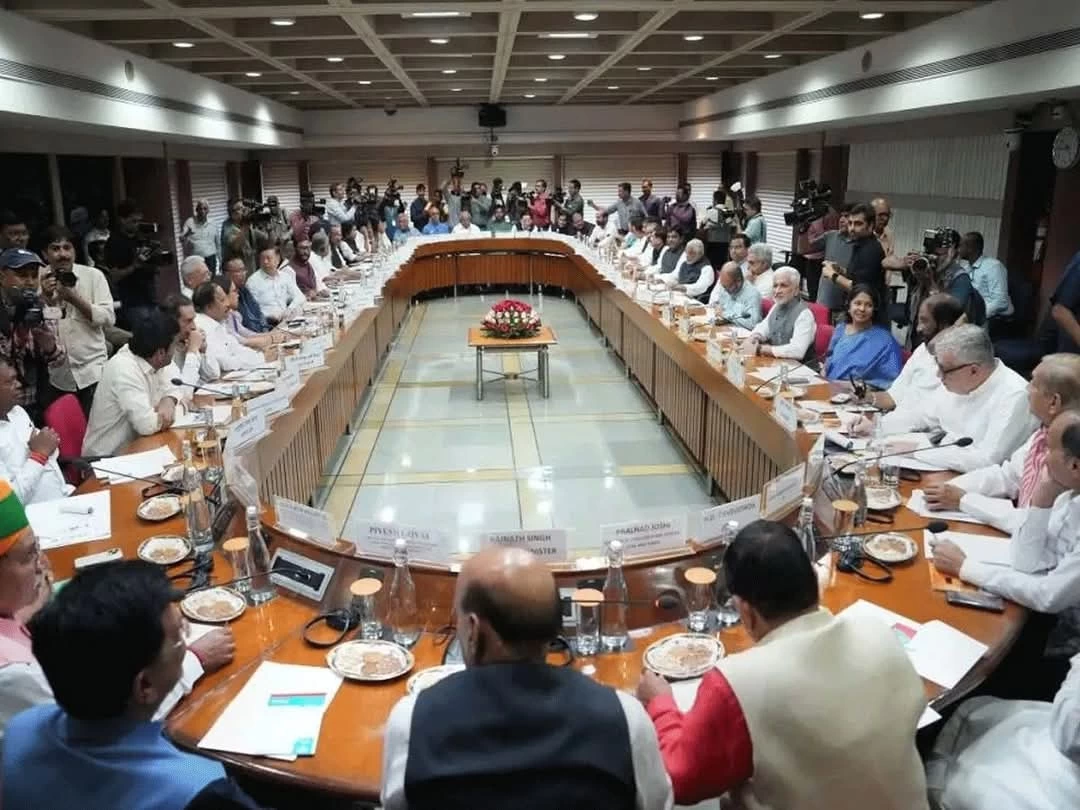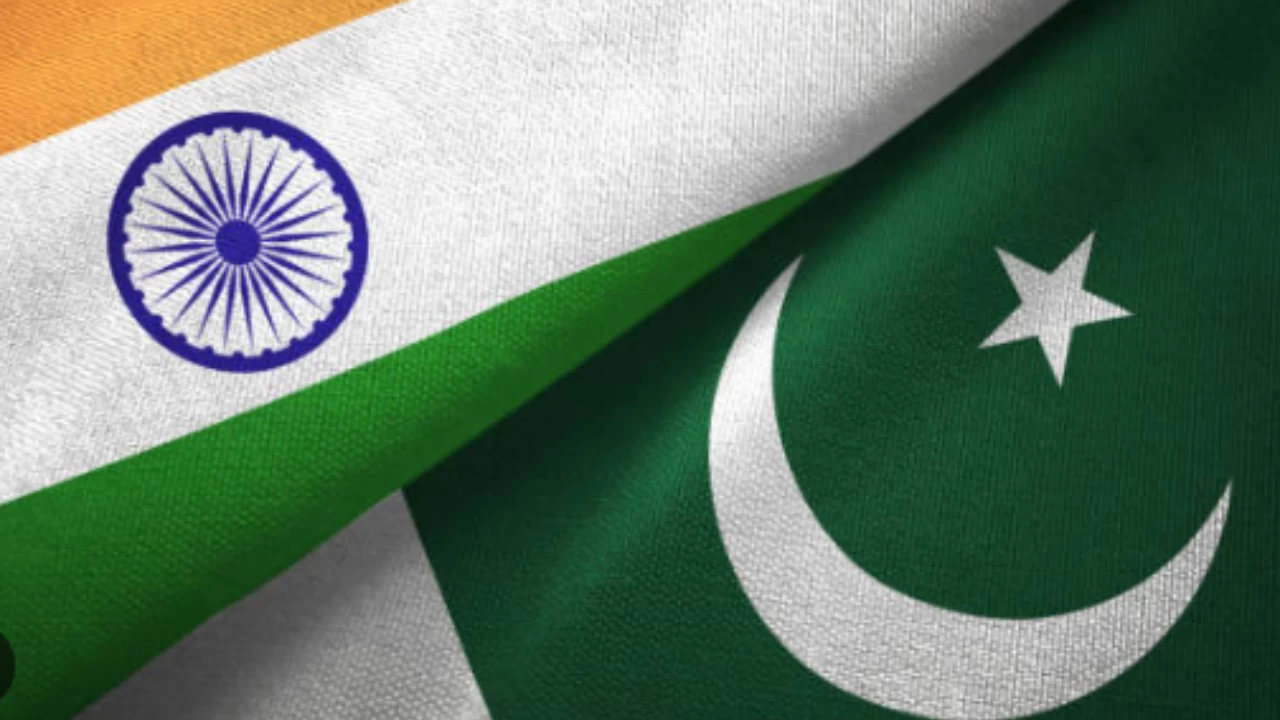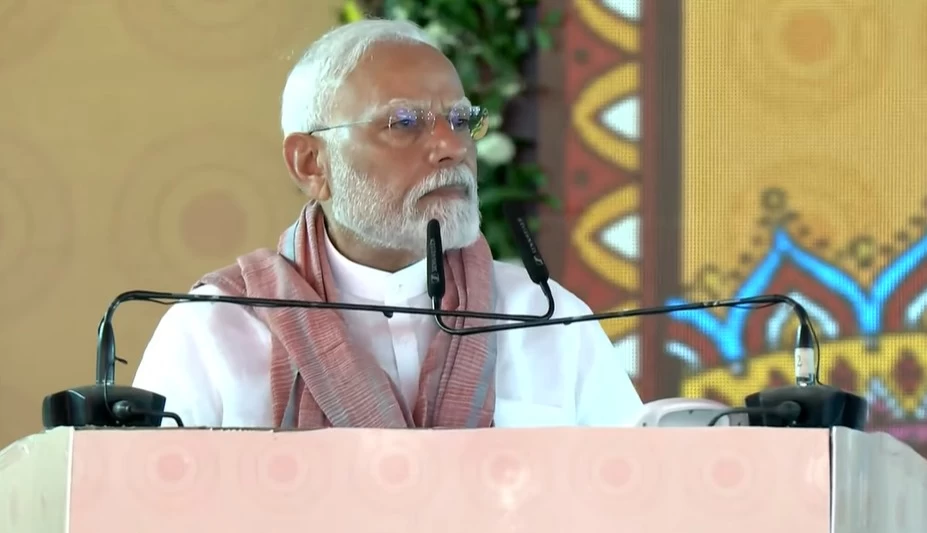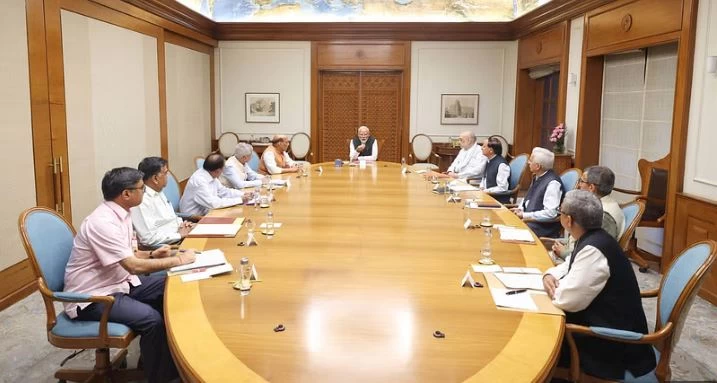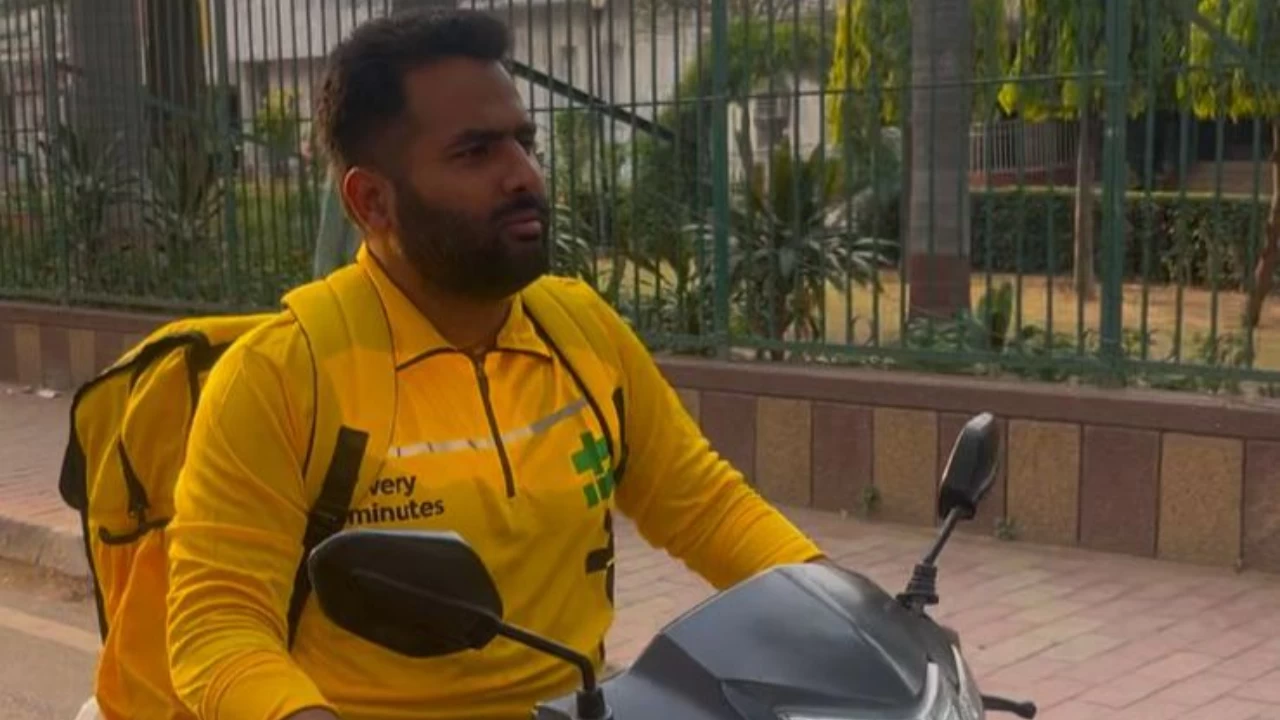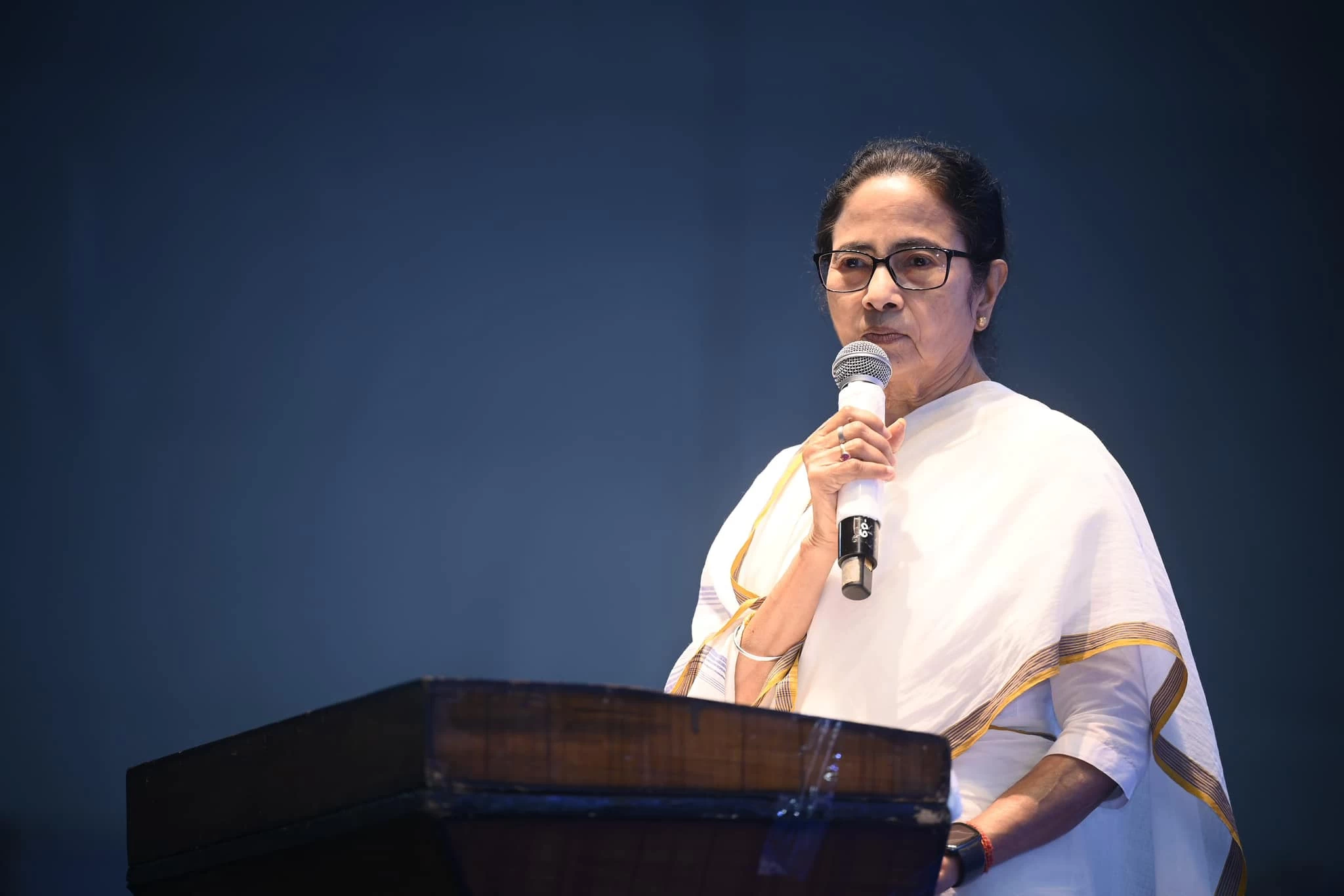Latest Updates
Student Suicides Now Account for 7.6% of All Suicides in India, New Report Reveals
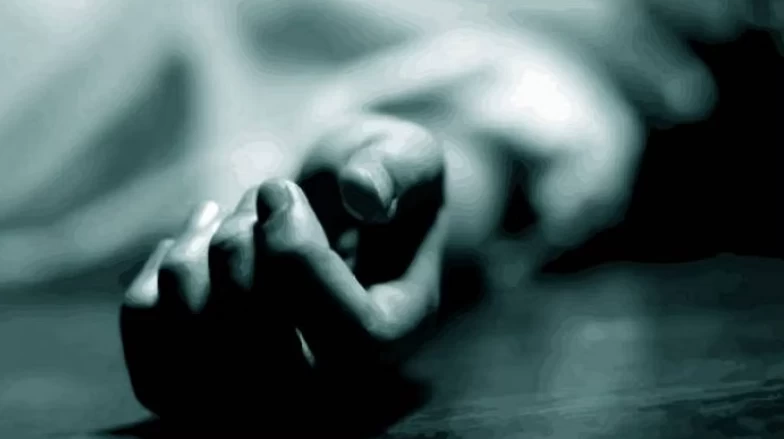
Photo Credit
Representative Image
A new report, titled "Student Suicides: An Epidemic Sweeping India," released on Wednesday during the Annual IC3 Conference and Expo 2024, reveals a troubling rise in student suicides in India. According to the report, based on data from the National Crime Records Bureau (NCRB), student suicides have surged at a rate of 4% annually, which is double the overall suicide rate increase of 2% per year.
The report highlights that while the population of individuals aged 0-24 in India slightly decreased from 582 million to 581 million over the past decade, student suicides have more than doubled, from 6,654 to 13,044. This indicates that the rate of student suicides is growing at a disturbing pace compared to both population growth and overall suicide trends.
In 2022, there were 13,044 reported student suicides, a marginal decrease from 13,089 in 2021. Meanwhile, total suicides, including those by students and others, increased by 4.2% from 164,033 in 2021 to 170,924 in 2022. This suggests that student suicides now account for a significant portion—7.6%—of all suicides in the country, up from 5.6% in previous years.
The report reveals that student suicides are most prevalent in Maharashtra, Tamil Nadu, and Madhya Pradesh, which together account for one-third of all student suicides in India. In addition, states such as Uttar Pradesh, Tamil Nadu, and Jharkhand have seen notable year-on-year increases in student suicides, while Rajasthan ranks tenth, influenced by its high-pressure academic environment, especially in coaching hubs like Kota.
Gender-wise analysis shows that male student suicides constitute 53% of the total, with a decrease of 6% from 2021 to 2022. In contrast, female student suicides increased by 7% during the same period. Over the past decade, male student suicides rose by 99%, while female suicides increased by 92%. Both genders have seen a consistent annual increase of 5% over the last five years. The report also points out that accurate data collection for transgender students is lacking, highlighting a need for better representation in the data.
Ganesh Kohli, Founder of the IC3 Movement, emphasized the urgency of addressing mental health issues within educational institutions. He stressed that the focus should shift from fostering competition to supporting students' overall well-being. Kohli called for the development of a comprehensive career and college counseling system in schools, integrated into the curriculum, to better support students and prevent suicides. In response to the alarming data, the IC3 Institute has launched several initiatives, including an annual mental health survey, student-led awareness campaigns, and training programs for educators. These efforts aim to reduce stigma, enhance support, and address the rising trend of student suicides in India.




